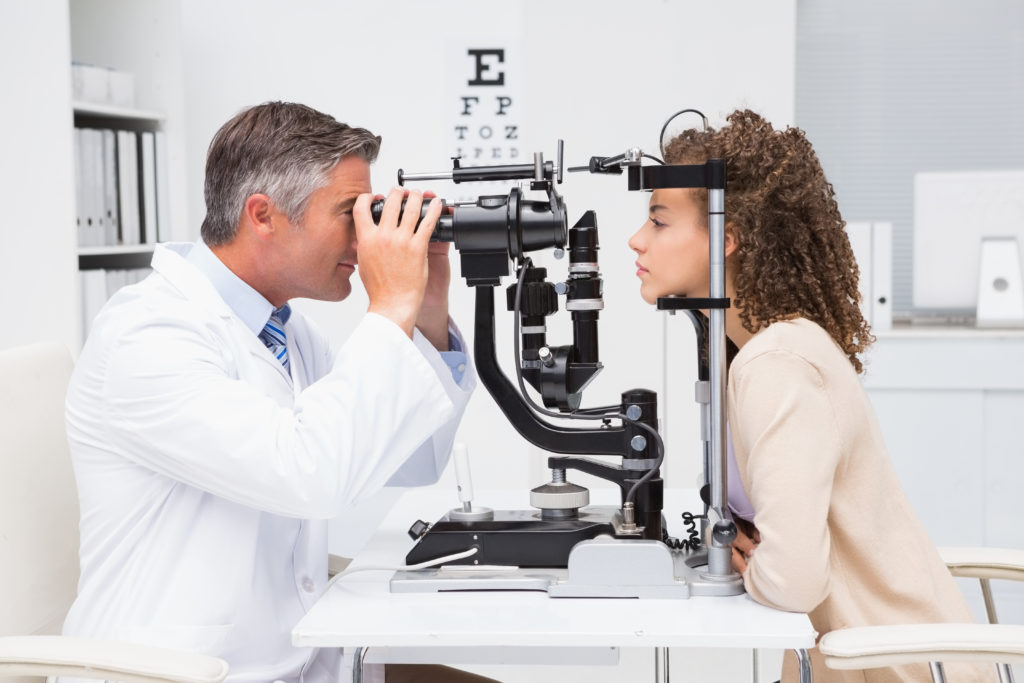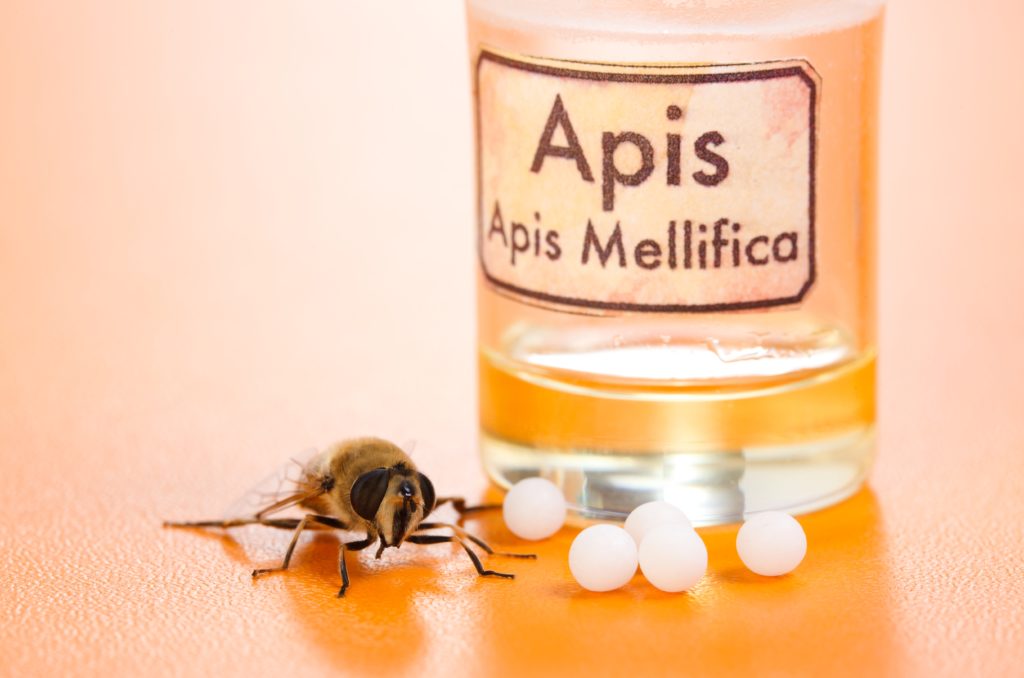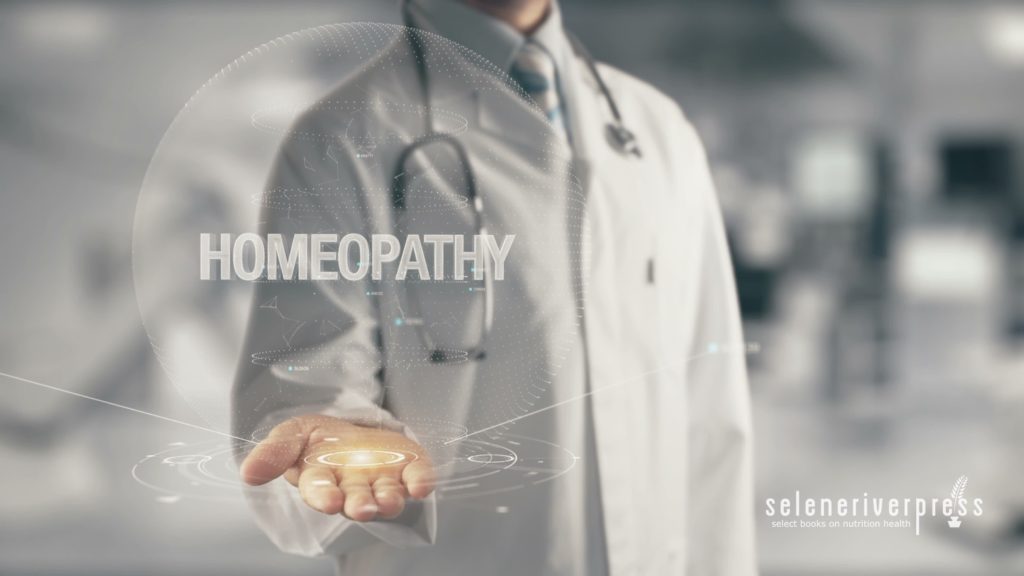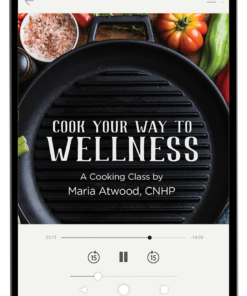In many of my articles I strive to cover alternative modalities that may provide a healing impact—or, sometimes, even an actual cure. However, I’m primarily trained as a nutritionist, and I’ve guided my clients on the basic human need to eat highly nutrient dense foods and augment what may be missing (even from good diets) with quality whole food supplements.
In my case, despite the fact that I already consumed a nutrient dense diet and maintained a special protocol of whole food supplements, I nevertheless had to seek additional help for a recent diagnosis of glaucoma—a serious eye condition that may cause blindness if not treated. After I experienced an  unpleasant side effect to an eyedrop medication prescribed by my ophthalmologist, a good friend suggested that I look into homeopathy, which doesn’t interfere with any medications, foods, or supplements.
unpleasant side effect to an eyedrop medication prescribed by my ophthalmologist, a good friend suggested that I look into homeopathy, which doesn’t interfere with any medications, foods, or supplements.
That’s when I made the decision to learn about homeopathic remedies that are formulated to treat the conditions I have. For the past two months I’ve been using these remedies as recommended by a wonderful and astute up-and-coming homeopathy student-hobbyist who offered to help me for free, and it’s been quite a rollercoaster ride.
During this time, I’ve struggled to understand how homeopathy works. What exactly does the letter after the number on homeopathies mean? How do I use them? And on and on. I wished during this time that I could find a simple explanation of the fundamentals without needing to take actual courses of this very interesting modality. I therefore present to you a brief synopsis of what I’ve learned in this blog post.
A Brief Look at the Underpinnings of Homeopathy
Dr. Frederik Schroyens begins his article “Basic Facts of Unitary Homeopathy,” with the following introduction: “The founder of homeopathy was Dr. Samuel Hahnemann (1755-1843). Based on his observations, he formulated the so-called PRINCIPLE OF SIMILARITY, which states that a given substance can cure in a diseased person the symptoms that it produces or causes in a healthy person.”
Dr. Schroyens explains that unitary homeopathy (often called “classical homeopathy”) requires an in-depth interview of the patient. In his opinion, it is not homeopathy as Hahnemann taught it if this in-depth interview is omitted. Through the interview, the totality of signs and symptoms is discovered and a total picture emerges. According to Dr. Schroyens, the “signs” are what can be objectively assessed by the physician, while the “symptoms” are what the patient feels subjectively.
Here are some other interesting quotes from the article:
“Homeopathy is a well-described, scientifically based system of approaching health and disease. ‘Scientific’ because the insights are based on reproducible experiments. ‘Well-described’ because from these observations a number of precise basic fundamental rules became evident, first among them the ‘similarity principle.’”
“According to the homeopathic way of thinking, a disease originates from a disturbance of the patient’s ‘vital force.’ This is the life force energy that sustains life. As the origin of disease occurs on this energetic level, the homeopathic remedy has also to be on this level.”
(The article I quote from is adapted from material in Dr. Schroyens’ book Getting in Touch with Yourself, Finding Your Homeopathic Remedy, which I was unable to find on Amazon.)
The Banerji Homeopathic Method
Another form of homeopathy is called the Banerji Protocols. I was introduced to this and given single remedies based on my particular diagnosis rather than a compilation of all of my personal data, as is done with classical homeopathy.
This is also the homeopathy method used by Joette Calabrese, who writes quarterly homeopathic articles for the Wise Traditions Journal. (Weston A. Price Foundation members receive a free subscription.)
An Important Read Before Trying Homeopathy
As a newbie to homeopathy, The Consumer’s Guide to Homeopathy was highly recommended to me by a representative from the wholesale distributor I mention above, Natural Ophthalmics. This inexpensive book no doubt answers numerous other questions that I’m unable to cover in this blog post.
To learn even more, I suggest this great article at Homeopathic Healing. I found it easy to understand while offering a good look at this modality. The article also explains the meaning of the letters and numbers that accompan each remedy (for example, 200C, 10M, and 20X). You’ll also find other helpful information should you decide to try this healing route.
FAQs that Made Me Comfortable with Homeopathy
While researching both the consumer and wholesale resources mentioned below, I was able to ask questions of several company representatives, and I received the following answers.
How does homeopathy work? Hahnemann chose the name “homeopathy” because it is derived from the Greek words for “similar suffering,” referring to the “like cures like” principle of healing. This principle is based on the premise that a substance that brings on symptoms in a healthy person can, in a minute dose, treat an illness with similar symptoms by triggering the body’s natural defenses. These actions are all part of the cell’s energy force and are physical rather than mental or spiritual in action.
Can I have an allergic reaction? Allergic reactions are extremely rare. But if you find that you have a reaction such as itching, watery eyes, loose bowels, etc., you should stop taking them and report the reaction to your homeopathic physician.
Should I use a professional or treat myself homeopathically? Find a professional that can work with your symptoms and any particular disorder you’re treating. Experience counts! Trying to use Dr. Internet or some other means may not be the best way to go if you’re dealing with a serious health issue. 
What if I’m lactose or gluten intolerant? The amount of lactose or sugar in the tiny pellets is basically inconsequential. If you’re severely lactose intolerant you can choose a tincture instead. Let your physician work on that issue with you.
What if I cannot ingest alcohol? Homeopathic liquids are usually made with alcohol. However, the amount is so small that it doesn’t affect any cravings since the remedy is generally taken by the drop. Alcohol in these remedies are used for certain reasons, particularly because it enhances the effects of the remedy.
What if my child finds and eats the whole bottle of pellets? Technically, you cannot overdue a remedy. Nevertheless, it is best to keep ALL medications, including homeopathies, in a child-safe environment.
Homeopathic Resources for Consumers and Practitioners
The two companies below are both great resources for homeopathic remedies. The first is intended for consumers, and you’ll find not only homeopathic remedies but also other forms of holistic care that you may suit your needs, including Chinese medicine. The second recommendation is a wholesale source for practitioners.
For Consumers: Natural Eye Care
Providing a knowledgeable staff to help answer questions and take orders, Natural Eye Care is the largest consumer eye care resource of its kind. The company was founded Dr. Marc Grossman, a pioneer of integrative eye care and coauthor of the acclaimed book Natural Eye Care: Your Guide To Healthy Vision and Healing. Dr. Grossman also shares his knowledge with health care professionals and physicians through educational workshops and frequent appearances on local and national media.
I also spoke with the cofounder and President of Natural Eye Care, Inc., Michael Edson, a New York State licensed acupuncturist trained in Chinese medicine. Edson is also coauthor of Natural Eye Care: A Comprehensive Manual for Practitioners of Oriental Medicine and Natural Eye Care: Your Guide to Healthy Vision and Healing.
Wholesale & Consumer: Natural Ophthalmics, Inc.
Natural Ophthalmics, Inc. is both a wholesale and consumer source for homeopathic remedies for eye conditions. I spoke at length to one of their representatives, Linda, who I found to be very informative and knowledgeable while still being lighthearted and professional. Health practitioners and medical doctors looking for superior eye homeopathic remedies should not hesitate to visit their website.
[xyz-ihs snippet=”Begin-Authors-Note”]Afterthoughts from the Traditional Cook
I’m more convinced than ever that we’re surrounded by an energy I can only call miraculous. In my uphill climb to recover and improve the health of my eyes, I’ve been blessed by the many wonderful Standard Process practitioners who have given me untold encouragement and awesome suggestions on how to use the best-of-the-best whole food supplements for my condition. I’ve also come to realize how critical it is to eat tons of veggies, especially greens like kale and brussels sprouts, which I recently wrote about in my blog post “All Veggie Meals—Twice A Week.”
Now I’m learning about new and different healing modalities that will hopefully add to my regular nutrient dense diet and supplement protocol. I’m also introducing a new type of energy to my cells that will help my brain focus on recovery. No doubt that will also benefit my clients. Prayer of course is the overriding practice in my life, and I can clearly see it’s making it possible to cope and find the path that will lead me to a better tomorrow. I sure hope this blog post will also be an answer to your prayer for some unresolved health issue.
—Maria Atwood, CNHP
Note: FOR DUMMIES® is a registered trademark of Wiley Publishing, Inc.
Disclaimer from Maria Atwood, CNHP: I am a Certified Natural Health Professional, CNHP, not a medical doctor. I do not diagnose, prescribe for, treat, or claim to prevent, mitigate, or cure any human diseases. Please see your medical doctor or health practitioner prior to following any recommendations I make in my blog posts or on my website.
Images from iStock/Ankabala (main), erierika (bee and pills), Wavebreakmedia (eye exam).



